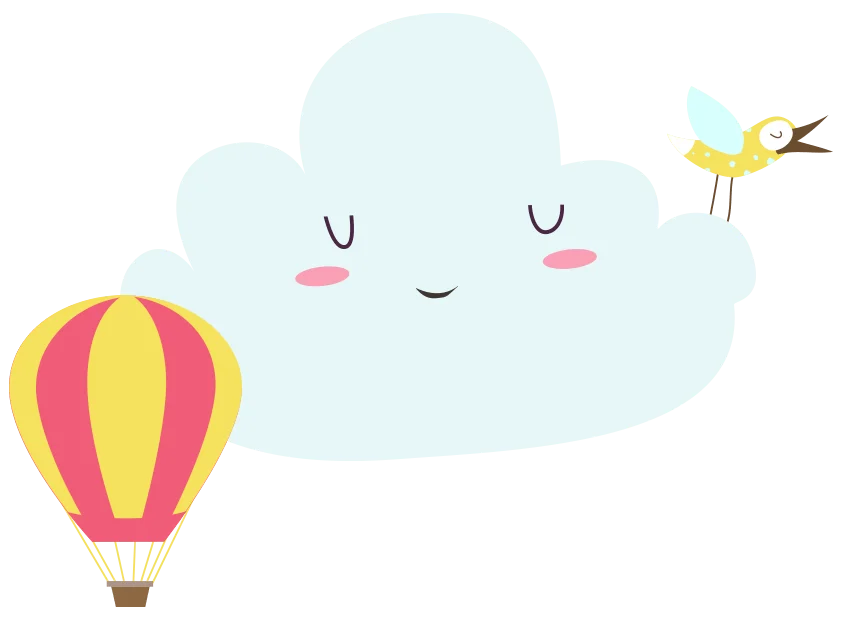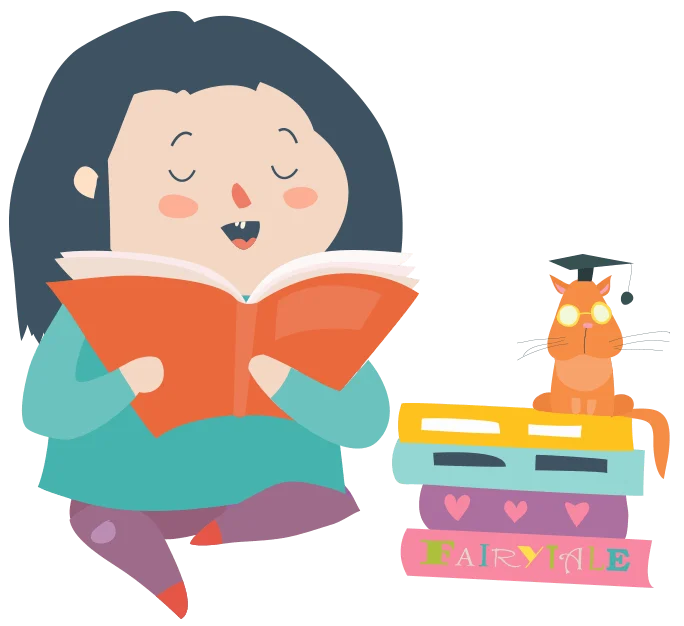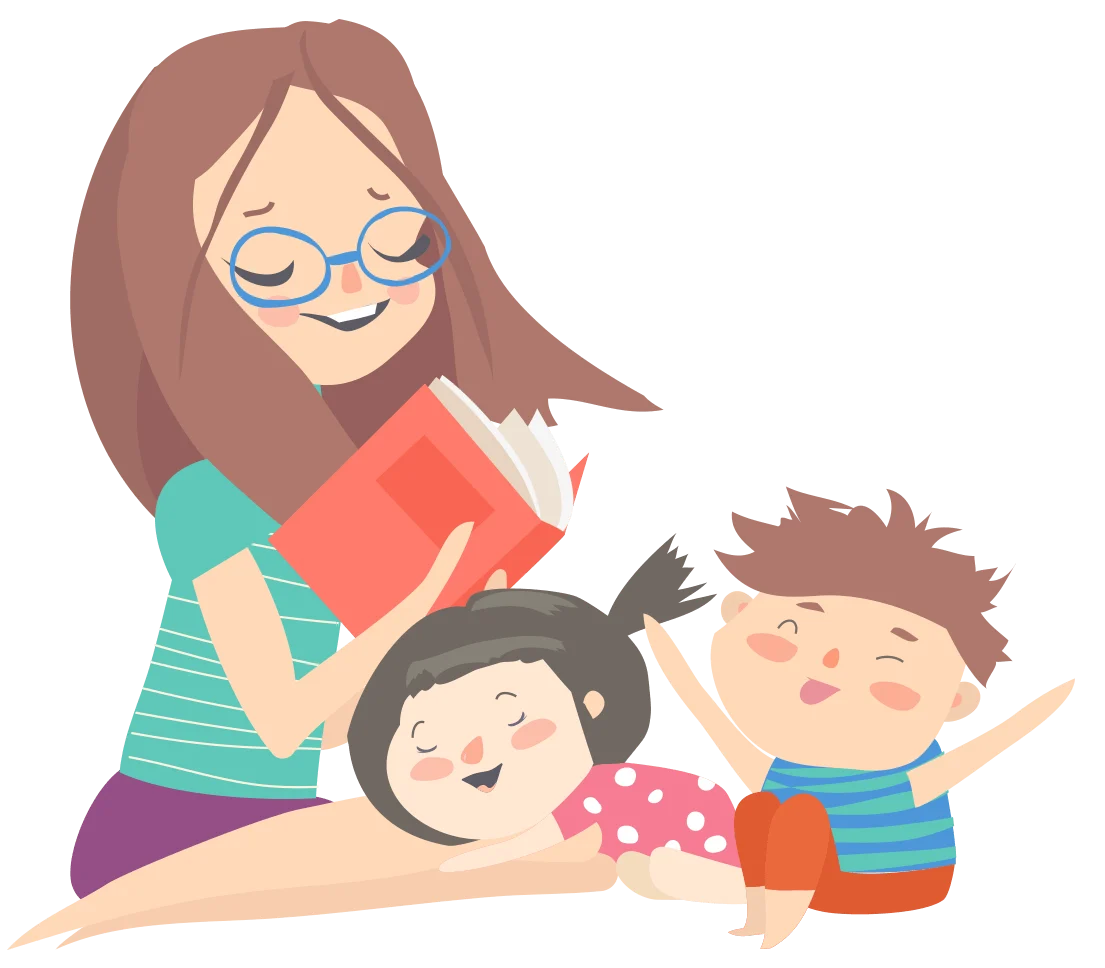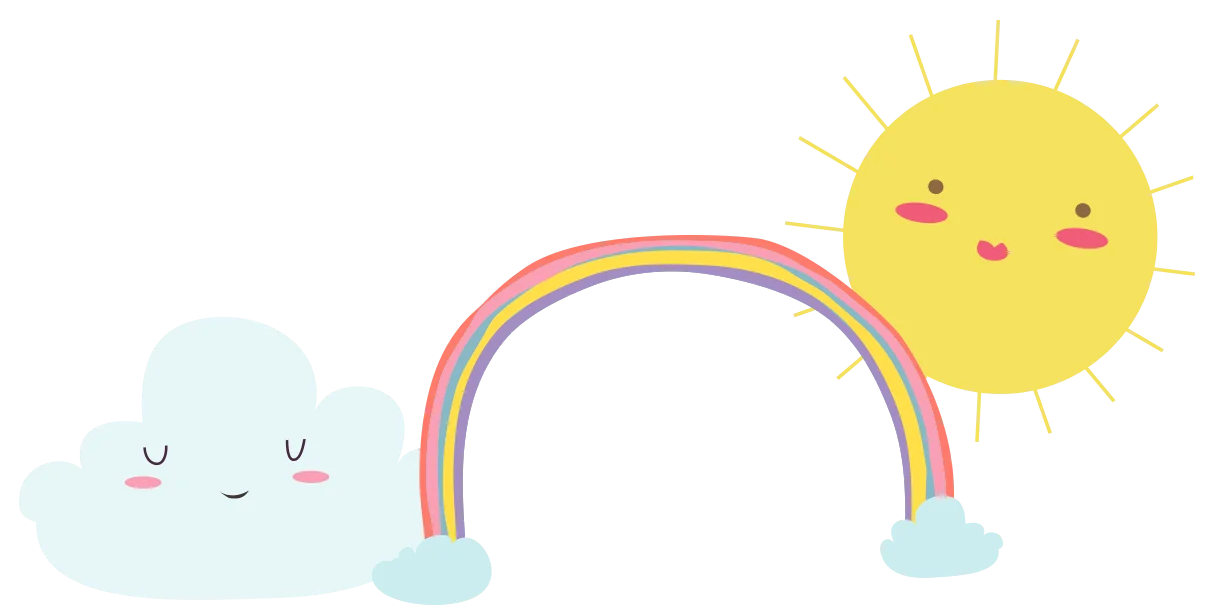Our Curriculum
“What we learn with pleasure we never forget.”
Alfred Mercie
Children develop much of their social, emotional, physical and cognitive skills during their first few years which is why it is important we provide them with a framework for early learning to facilitate this development.
Our curriculum is the cornerstone of our education philosophy and embraces play-based early learning for all children in our care. It has been developed in accordance with the government’s Early Years Learning Framework. We provide environments which encourage early learning relevant to a child’s own interests and levels of ability. Our educators play a role in which they support the child through their discoveries. Our Curriculum for all ages focusses on the development in the following areas:



- Literacy
- Numeracy
- Language
- Science
- Creative Art and music
- Social and life skills
- Yoga, mindfulness and nutrition
- Problem solving and investigative skills
Through forming a genuine relationship with your child, we focus on their unique interests and ways of learning in order to support their development in a way that is meaningful and enjoyable for them. We know how quickly children grow and develop, so our Curriculum planning is sufficiently flexible to accommodate your child’s changing needs. Our educational program encompasses a contemporary view on literacy, numeracy, science, art, music and language and has a focus on social and emotional development.



Program Features
Through intentional learning and play children are guided by their natural interests and curiosities, while being supported by educators who encourage children to make meaningful connections to real world contexts, not by learning through repetition and isolated recognition of numbers and letters.
High-quality early learning
It’s a fact: a child only benefits from early learning when it’s high quality.
Our Junior Kindergarten & Prekindergarten Program’s curriculum is evidence-informed. This means you can count on your child getting the very best early childhood education based on world-leading research, practices and techniques that engages their natural curiosity and provokes learning and development. Your child will build their social skills, confidence and independence and learn foundation literacy and numeracy skills needed for success at school. Our Kindergarten & Preschool program is delivered by qualified Early Childhood Teachers, who also continue to learn though ongoing professional development programs.
Early learning experts agree that play is so important in the early years and is the way in which children organise and make sense of the world around them as they interact with people, objects and each other. Play allows children to explore, discover, negotiate, take risks, create meaning and solve problems which are important foundations for developing literacy, numeracy and social skills. Our New Leaf Program aims for the right mix of fun, structured learning and physical activity. Our teachers embed elements of teaching and learning within play experiences each and everyday that children are interested in and naturally drawn to and therefore more likely to stay engaged with.
Sensory Play
At New Leaf Centres we are big supporters of sensory play and it is an important part of our curriculum.
From birth through to early childhood, children use their senses to explore and try to make sense of the world around them. They do this by touching, tasting, smelling, seeing, moving and hearing. Our Educators provide opportunities for children to actively use their senses as they explore their world through ‘sensory play’ which is crucial to brain development as it helps to build nerve connections in the brain’s pathways. This leads to a child’s ability to complete more complex learning tasks and supports cognitive growth, language development, gross motor skills, social interaction and problem-solving skills. Recent research by shows up to one in six children may have sensory symptoms that may be significant enough to affect aspects of everyday life functions.



We often talk about the five senses, these are:
Taste – the stimulation that comes when our taste receptors react to chemicals in our mouth.
Touch – the stimulation that comes from touch receptors in our skin that react to pressure, heat/cold, or vibration.
Smell – the stimulation of chemical receptors in the upper airways (nose).
Sight – the stimulation of light receptors in our eyes, which our brains then interpret into visual images.
Hearing – the reception of sound, via mechanics in our inner ear.
However, there are two others we commonly miss:
Body awareness (also known as proprioception) – the feedback our brains receive from stretch receptors in our muscles and pressure receptors in joints which enable us to gain a sense where our bodies are in space.
Balance – the stimulation of the vestibular system of the inner ear to tell us our body position in relation to gravity.
So, what is sensory play?
Sensory play includes any activity that stimulates your young child’s senses: touch, smell, taste, movement, balance, sight and hearing.
Sensory activities facilitate exploration and naturally encourage children to use scientific processes while they play, create, investigate and explore. The sensory activities allow children to refine their thresholds for different sensory information helping their brain to create stronger connections to process and respond to sensory information. For example, initially a child may find it difficult to play appropriately with a peer when there are other things going on in the environment with conflicting noise. However, through sensory play exploring sounds and tasks a child learns to adapt to being able to block out the noise which is not important and focus on the play which is occurring with their peer. Another example is a child who is particularly fussy with eating foods with a wet texture such as spaghetti, the use of sensory play can assist the child in touching, smelling and playing with the texture in an environment with little expectation. As the child develops trust and understanding of this texture it helps build positive pathways in the brain to say it is safe to engage with this food. Sensory play literally helps shape what children to believe to be positive and safe in the brain. Ultimately, shaping the choices children make and impacting behaviour.
Creating a sensory play environment in the home
It is important for children to have a range of sensory play activities and spaces available to them at home. This would include opportunities for active sensory play and areas which are calm without a lot of stimulation. The aim is to provide a sensory experience that meets the individual needs of the children in a fun and flexible learning space.



Yoga and Mindfulness
Yoga and meditation are important components of our program, our educators practice yoga and meditation with the children. Here are some of the many benefits of teaching yoga to children;
Yoga helps children to:
- Develop body awareness
- Learn how to use their bodies in a healthy way
- Manage stress through breathing, awareness, meditation and healthy movement
- Build concentration
- Increase their confidence and positive self-image
- Feel part of a healthy, non-competitive group,
- Have an alternative to tuning out through constant attachment to electronic devices
Some other benefits of yoga
- Awareness of the breath. Breathing exercises can energize children or encourage relaxation. Different games and techniques help children connect to how their bodies feel as a result of deep breathing. Focus increases, as does their breathing and lung capacity. Stress is naturally reduced, and healthy hormones are released.
- Strengthening and energizing. Different muscles used in poses and incorporating games and sequences help build strength as well as body awareness and coordination. Bodies that are strong digest food better and maintain a healthy weight. Bodies will also breathe better, work more efficiently and protect the more fragile joints.
- Balancing. Balancing poses teach children that with increased focus, you can increase attention naturally, even in children who struggle with different attention challenges. Poses and games focused on balancing skills, develop an intrinsic strength, evoke a meditative feeling, and promote stillness and quieting of the mind. This can help children deal with the stress of living in a chaotic world where constant stimulation is a regular part of life.
- Stretching and lengthening. It’s great for children to be strong, but a body that’s only based on strength has no way to yield under pressure. Strong muscles without accompanying flexibility can’t move quickly, pulling on bones and joints. Yoga poses stretch muscles and through integrating breathing and movement, muscles become warm and become more flexible. They can yield when they need to, and support tender joints in a more functional way.
- Awareness and focus. Yoga helps create awareness in the body through deep breathing and movement. It gives children a way to express themselves, build a strong connection between what they hear and what they do. Children that have healthy body awareness are more confident and stronger, have better posture, breathe better and have a sense of quiet strength.
- Flowing, connecting and integrating. When we string poses together, we give children a taste of what it means to move with ease. It also helps them build the awareness that all our movements are a series of coordinated efforts between muscles, bones, joints and nerves. All these things together increase a child’s sense feeling integrated.
- Meditation and relaxation Yoga is meditative by nature. So whether a child is holding a balancing posture, sitting in meditationor moving through a series of poses, there’s going to be a calming, soothing quality.
